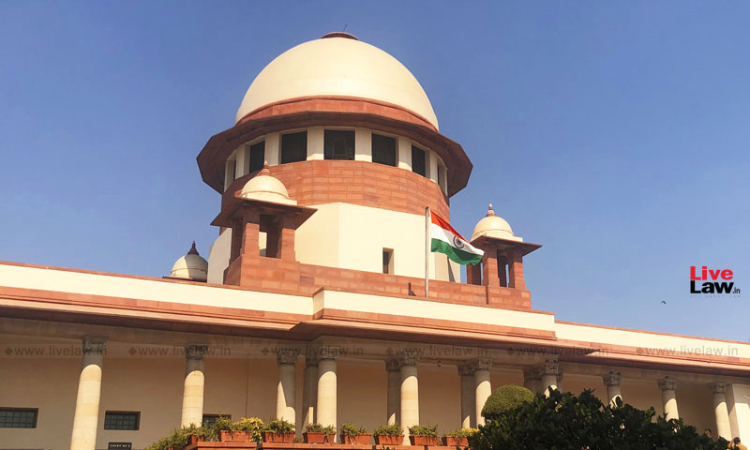PIL In Supreme Court Seeks Confiscation Of Benami Properties, Black Money & Disproportionate Assets
Sanya Talwar
16 Nov 2020 9:01 AM IST

Next Story
16 Nov 2020 9:01 AM IST
A PIL has been filed in the Supreme Court seeking directions to the centre to ascertain the feasibility of confiscating benami properties, disproportionate assets and black money.Advocate Ashwani Kumar Upadhyay has filed the plea which also seeks awarding of life imprisonment in offences relating to bribery, black money, benami property disproportionate assets, tax evasion and...
